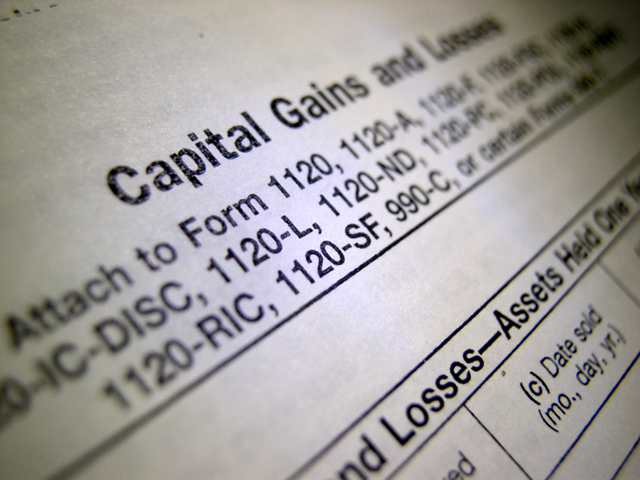Historically speaking, April 15 has never been a day marked by good fortune.
The Titanic sank on that day in 1912 (after striking an iceberg shortly before midnight on April 14). Abraham Lincoln died after being mortally wounded the day before.
And, of course, there’s Tax Day.
“The income tax has made more liars out of the American people than golf has,” Will Rogers once quipped. Actually, most Americans try hard to fill out their taxes properly. Unfortunately, the tax code has grown so mind-numbingly complex that it seems almost as if the system is rigged to make them fail.
It’s not, but it might as well be. The code is so long, notes House Ways and Means Committee Chairman Dave Camp, it’s 10 times the size of the Bible.
Even if you could easily grasp all the rules, they’re never the same from year to year. There have been more than 4,400 changes to the code in the past decade alone (about one a day), leaving even tax professionals scrambling to catch up every year.
What if we had a code that seemed as if it was designed on purpose, one that was simple, fair and easy to understand? Then Tax Day wouldn’t have to be such an annual nightmare.
Here are several ways that tax reform would benefit Americans:
Right now, the complexity of the tax code, with its many loopholes, deductions and credits, acts as a damper on the very kinds of activities that create a strong economy: working, saving, investing and taking on risk.
But if tax reform reduced the higher marginal rates that many Americans pay, the resulting increase in incentives would provide a much-needed boost to the economy. Families that earn more wouldn’t be punished for doing so. That would put the American Dream within reach of more taxpayers.
A tax reform that makes the code less Byzantine will naturally make it easier to understand and, therefore, easier to file your taxes. The 13 hours that the average taxpayer takes to gather receipts and other paperwork, read the rules and fill out all the necessary forms would be drastically reduced.
“There would be no need for pricey software, and only those families with the most complex financial arrangements would require paid tax preparers,” writes tax expert Curtis Dubay. “Highly skilled lawyers and accountants could put their considerable talents to more productive uses, which would further boost the economy.”
True tax reform would end the practice of the government picking winners and losers in the market, and seeking to reward or punish families that make certain economic decisions. There would be no more push, for example, to buy certain products deemed environmentally friendly, or to choose child care outside the home. Each family, and not the government, could make its own decision about what’s right for it.
Tax reform that reduces the number of deductions and credits, and that makes the code more transparent and understandable to all Americans, can’t help but make the system fairer.
Few government agencies are more vilified than the Internal Revenue Service. Most of the people who work at the IRS, however, are hard-working professionals tainted by the misdeeds of a few specific officials. Tax reform can help them.
Originally published in The Washington Times.



























